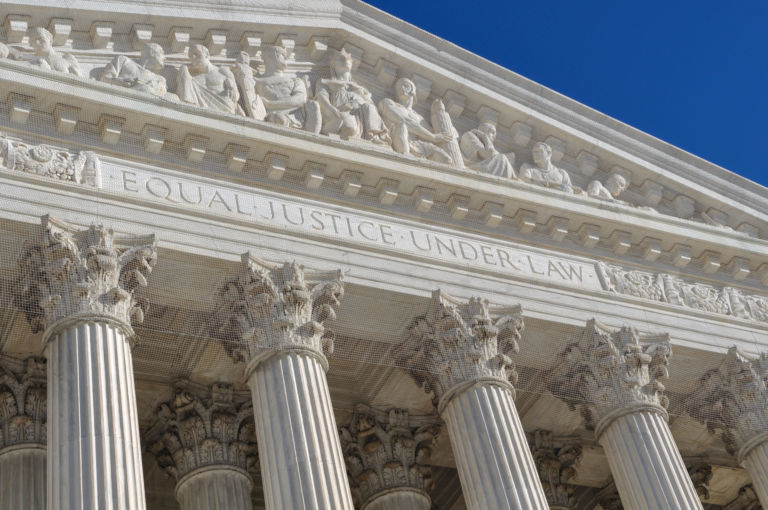With the recent landmark SCOTUS ruling, a significant stride was made in dismantling racial discrimination in America, in this case regarding college admissions.
Let’s examine this a little closer.
Chief Justice John Roberts penned the prevailing 6-3 majority opinion for the Supreme Court in the interconnected cases of Students for Fair Admission (SFFA) v. UNC and SFFA v. Harvard, both dealing with racial considerations in university admissions.
He emphasized that the court had warned 20 years ago, in a case called Grutter v. Bollinger, that using race as a factor in college admissions would eventually end.
“It has been 25 years since Justice Powell first approved the use of race to further an interest in student body diversity in the context of public higher education. … We expect that 25 years from now, the use of racial preferences will no longer be necessary to further the interest approved today,” the court had declared in Grutter.
In this ruling, the court looked at their watches (and calendars), saying: “Time’s up.”
“Twenty years later, no end is in sight,” Roberts wrote. “’ Harvard’s view about when [race-based admissions will end] doesn’t have a date on it.’ Neither does UNC’s. Yet both insist that the use of race in their admissions programs must continue.”
Roberts also conveyed that both UNC and Harvard’s admissions processes “fail to demonstrate adequately defined and quantifiable goals that justify the usage of race, inevitably apply race unfavorably, involve racial profiling, and lack significant termination points.”
The majority opinion secured six votes, yet six out of the nine justices published opinions in the case.
Justice Clarence Thomas joined the majority opinion but wrote a separate concurring opinion “to clarify that all forms of discrimination based on race — including so-called affirmative action — are prohibited under the Constitution, and to emphasize the pernicious effects of all such discrimination.”
“The Constitution’s colorblind rule reflects one of the core principles upon which our Nation was founded: that ‘all men are created equal.’ Those words featured prominently in our Declaration of Independence and were inspired by a rich tradition of political thinkers, from Locke to Montesquieu, who considered equality to be the foundation of a just government.”
“Even in the segregated South where I grew up, individuals were not the sum of their skin color,” Thomas added.
You can read the full produced opinions from six of the nine justices here.
This ruling’s initial impact will be seen in the upcoming college application cycle — specifically for those students who will graduate in 2028, a significant quarter-century after the Grutter decision.
The Supreme Court has finally decided that college admissions must comply with the Constitution.
Additionally, it further confirms that, as humans, we are to be judged by the content of our character, not by the color of our skin.
The American Dream is based on merit. The minute we forget that, we lose everything that America stands for:
Freedom and opportunity.


